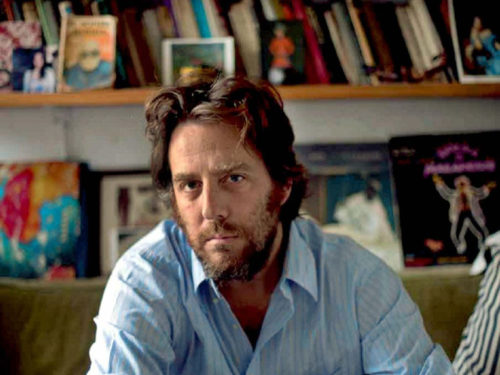
Jeannette Muñoz
Jeannette Muñoz is a Chilean filmmaker based in Zurich. Her envíos are a series of messages addressed to filmmakers, family and friends, sent to the mail in cardboard boxes and not always intended to be screened; they contain shared moments, fleeting glances over the landscape, or thoughts that a certain place or light bring to Jeannette the memory of a person; each shot lasts what lasts a blink, or as much as an abstraction. A envío is “sudden, ephemeral, enigmatic”. It is “mute, short, particular.” It is an “adventure”, “becomes a world”, is “unfinished”, “goes on and on”.
This silent dialogue between the artist and her addressees connects with a tradition of correspondence cinema, the intimate journal and the meditations on nature, to which Muñoz intuitively arrived after experimenting with analog photography. Already in cinema, she works with the feeling of a place and its historical implications from texture and movement in the same vein as authors like Robert Beavers, Ute Aurand or Helga Fanderl, all of them friends and recipients of several of these shipments in which also resonate the films of Margaret Tait, Babette Mangolte and Narcisa Hirsch.
In Villatalla, Jeannette walks through the woods and alleys of an Italian village stuck in time. The sound bursts for the first time to suggest the idea that suddenly everything around her seemed to speak at the same time: birds, plants, insects … in a kind of numbing trance between man and nature.
Puchuncaví (where the fiestas end) gathers fragments of a place transformed throughout the centuries; a former Inca route that passed into the hands of Spaniards and Chileans, who turned it into a bath resort (during the Allende government), concentration camp (during the Pinochet dictatorship), and finally, an industrial and vacation area. In each of the blocks that make up this idea of last place at the end of the road, Muñoz superposes the layers that bury or reveal all the places of Puchuncaví.
Without beginning or end, her “deposit films” continue to expand with new fragments, such as strata that accumulate. “Your cinema is like a stone taken from the mountain,” as Ute Aurand told Jeannette, a living and unfinished work that refuses to be locked up in a single time.
Andrea Franco, curator of the focus





